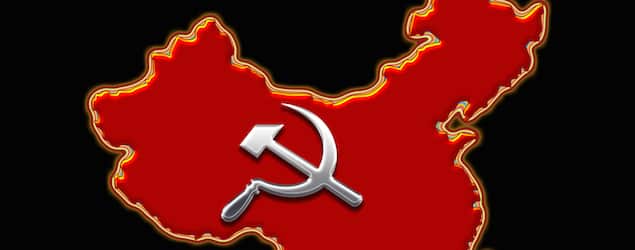Remembering Tiananmen, 25 Years Later

Twenty-five years ago in Tiananmen Square, China’s Communist regime massacred student protesters who sought some measure of greater freedom. Since then, although China’s economy has opened up, the regime continues to muzzle dissidents and labors studiously to make people forget. According to the New York Times:
The days preceding June 4 often mean house arrest for vocal government critics and an Internet scrubbed free of even coded references to the crackdown that dare not speak its name.
But this year, the 25th anniversary of the bloodshed that convulsed the nation and nearly sundered the Communist Party, censors and security forces have waged an aggressive “stability maintenance” campaign that has sent a chill through the ranks of Chinese legal advocates, liberal intellectuals and foreign journalists.
Police have urged some critics to “go on holiday” and, in one case, reportedly paid an activist $800 to leave town. Beijing has also ramped up its web censorship. Google search and Gmail services have been inaccessible, and the regime has apparently put out of reach the Wall Street Journal’s websites in English and Chinese. And thanks to the regime’s ongoing censorship and the control of school curricula, Chinese who were born since Tiananmen know little about it.
But that massacre should be remembered as the epitome of statism: a system predicated on “government’s unlimited power, which means: on the rule of brute force.” In stark form, that is what it means for the individual’s life to belong to a society (or some other collective) that is entitled to dispose of him however it wishes.
One aspect of the Tiananmen massacre is seared into my memory, and I reflect on it from time to time. It is the image of what became known as “The Tank Man.” A man stands alone in a deserted street, blocking the path of a column of approaching tanks, and refuses to let them by. For me that scene illustrates the meaning of courage and of self-confidence in the face of evil.









